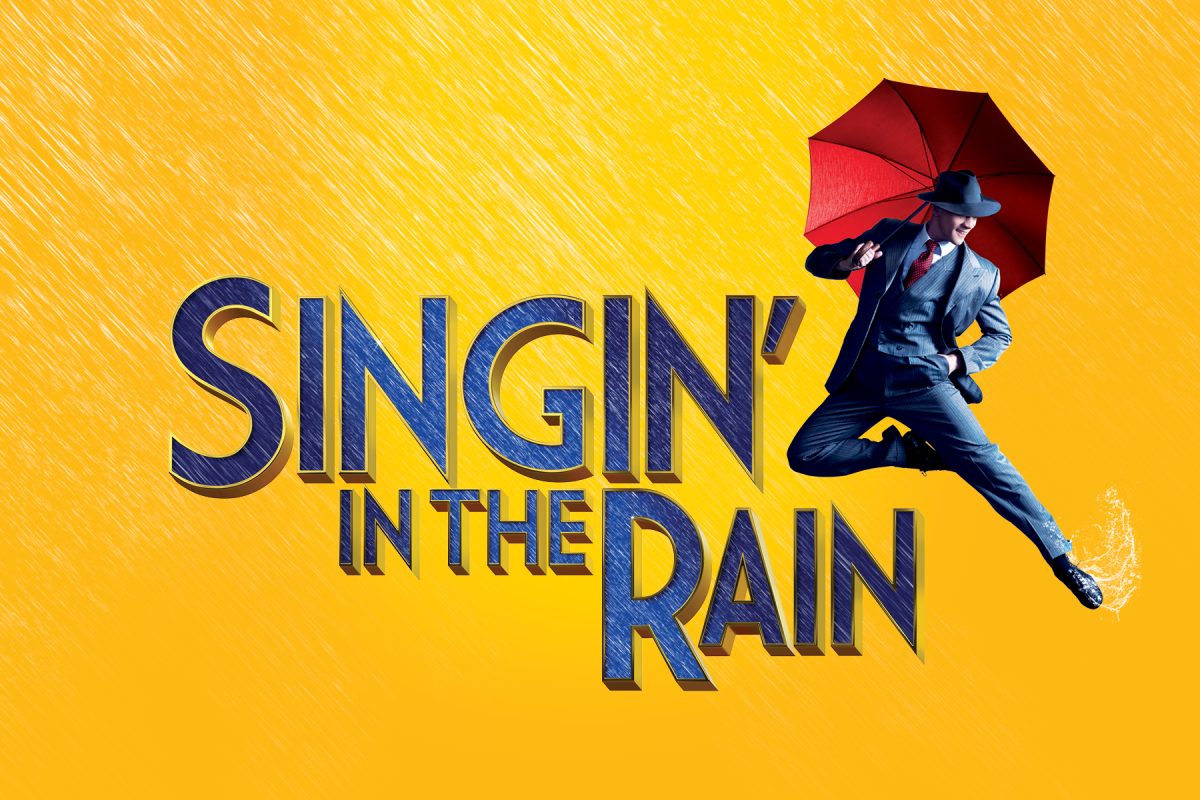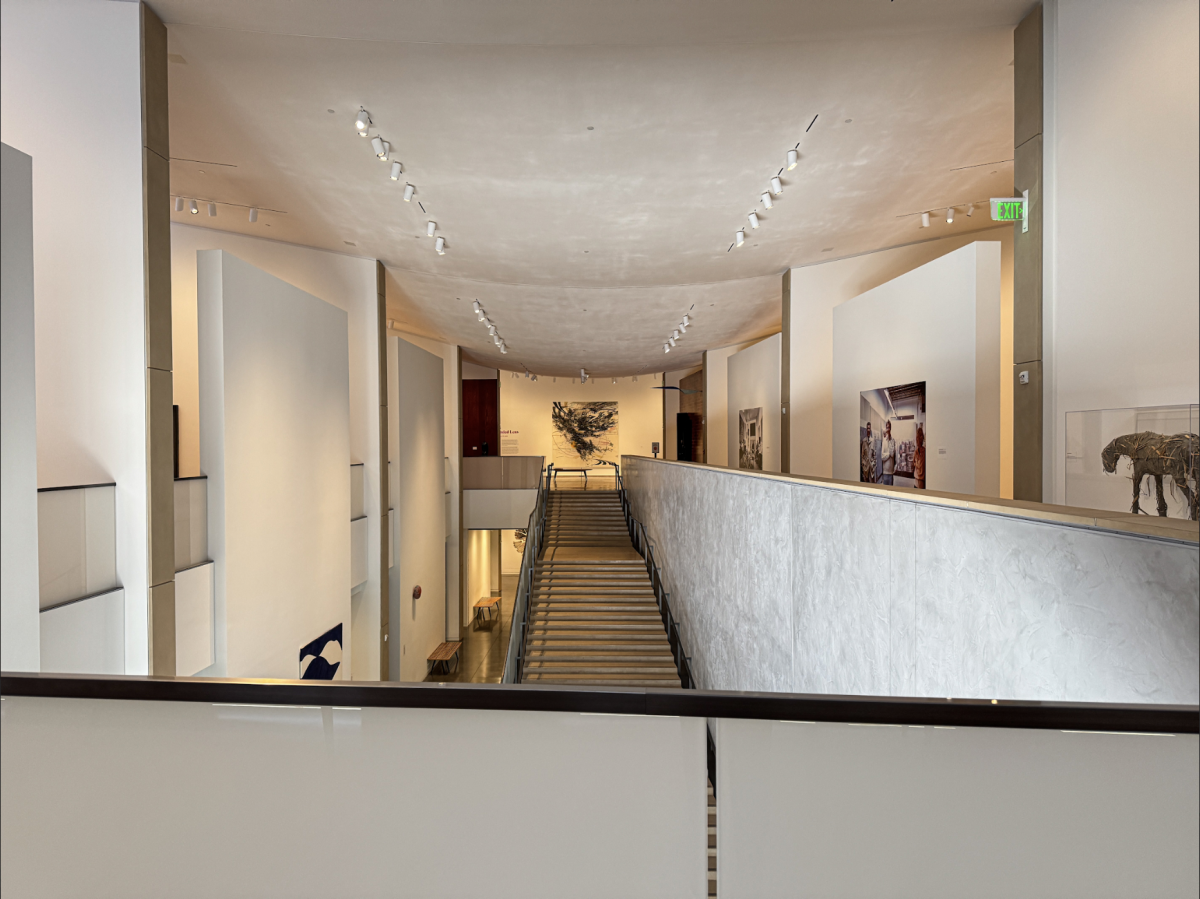Cheryl Strayed (Reese Witherspoon) is filmed perched atop a rocky, crumbling cliff, with her blonde hair disheveled and her legs bruised and scraped. The opening scene of “Wild” begins with the staggering image of Cheryl screaming in pain while she peels off her bleeding toenails, one of the many travails she experiences during her 1,100 mile hike across the Pacific Crest Trail. Cheryl is spewing profanities, drenched in dirt, and her belongings are perched on the edge of a cliff, ready to fall any minute.
It is a stark, groan-inducing opening sequence that Witherspoon pulls off with indelible grit, and for her courageous role as Cheryl Strayed, Witherspoon is now up for her second Oscar nomination. The real Cheryl Strayed is the writer of the highly recognized memoir, Wild, the book which the film is based off of. Witherspoon, who is featured in nearly every scene of the two hour film, binds the tale into a true one-woman journey.
Witherspoon’s performance as Cheryl is intense, foul-mouthed, and feminine all at the same time. While her character may be physically ill-equipped for the treacherous road ahead of her, her emotional resolve to persevere is what carries her through to the very end of her self-reconstruction, which is what her 1,100 mile journey is all about.
Director Jean Marc Vallée’s follow-up to last year’s Oscar-winning film “Dallas Buyers Club” draws upon many of the same directorial themes that made his last film so successful. There is a certain darkness to “Wild” that is unshakeable as Cheryl’s personal trek to discovery takes her back to a scarred past.
Cheryl’s mother, Bobbi (Laura Dern), plays the role of Cheryl’s idol and savior, and is the woman who inspired her to take on the 1,100 mile trek. Dern has been nominated for Best Supporting Actress Oscar for her turn in “Wild,” and the praise is well-deserved. The role of Bobbi is completely recounted through Cheryl’s memory as she wanders alone, and Dern’s outward joyfulness and kindness make her understated performance a charming one. Throughout the film, Cheryl stumbles along mumbling lyrics of Simon and Garfunkel’s “El Condor Pasa,” a nostalgic tune that reminds her of Bobbi. Soon after the film opens, the viewer sees that Cheryl’s hike is her effort to “walk herself back to the woman her mother raised,” to bring pride to her mother and to be her “best self” once again.
Cheryl runs into many characters during her hike, the first of whom she encounters after packing the wrong equipment to heat her dehydrated meals. Realizing she must find help, Cheryl begs a worker she finds on the trail to take her to get a warm meal and buy tools to sustain her for the next few months. After hesitation, the man asks her to wait in his truck, where she finds a hidden gun, with every sign pointing to the possibility that he is a predator. The scene, bleak and downbeat, changes within moments as the man takes Cheryl to his home and his wife cooks her a warm meal. The screenplay, with its dramatic build-ups and eventual moments of prosperity, manages to rekindle some faith in humanity and compassion. The lingering ideal of hope and bravery is what speckles “Wild” with warmth even in the darkest moments, and Witherspoon’s ability to characterize Cheryl’s fortitude while balanced with all of the struggles that make Cheryl a relatable character are some of the strongest points of the movie.
Cheryl must overcome tremendous obstacles in order to find herself again, and the persistent background noise of panting and hiking boots hitting the trail are two constant reminders of the miles left to conquer. The film leaves viewers enveloped in the same scenery as Cheryl; they can feel their throats dry as Cheryl searches madly for water, they can taste the cool river when she finally arrives at it and they can maybe even feel her physical strain in their own legs. As the film pans around the stunning landscape, Vallée offers a truly immersive experience for the audience.
When the film draws to a close, just as the screen goes black and the credits illuminate the screen, Simon and Garfunkel echo “El Condor Pasa”. Although the song has been such an integral part of the movie, the viewer realizes that until now, it has only been hummed, casual renditions from Cheryl and her mother. Hearing it in its full force is a particularly jarring moment that provides an unexpected closure to the viewer. The story is encompassed by the famous words of “away, I’d rather sail away, like a swan, that’s here and gone. A man is tied up to the ground, he gives the world his saddest sound…his saddest sound.”







